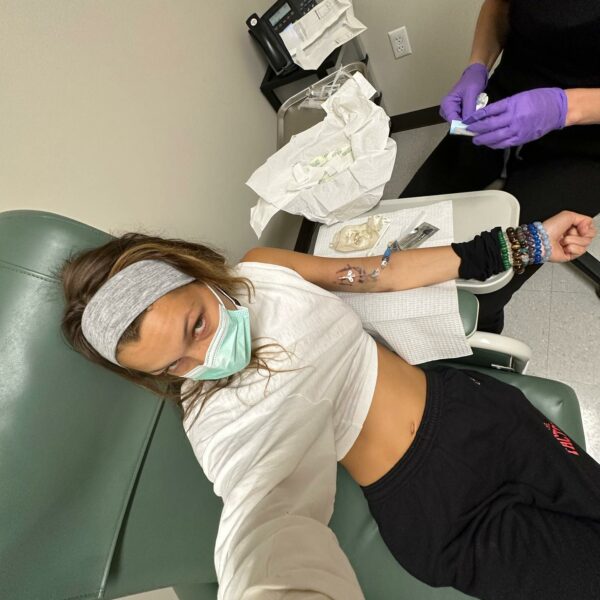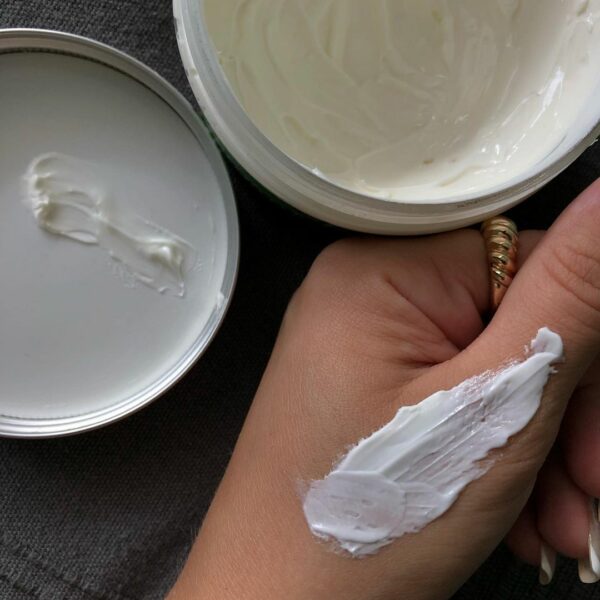As women approach their 40s and 50s, they begin to enter perimenopause, which prompts significant changes in our bodies and mental states. (For some women, this shift can begin as early as age 35.)
While the term menopause actually only refers to a single day (the one-year anniversary of the last day of your final period), perimenopause is the transition leading up to that day when estrogen and progesterone levels begin to fluctuate and diminish over the course of years. The loss of essential hormones can cause a myriad of symptoms for many women. These physical and emotional experiences can feel uncomfortable or even debilitating for some women, while others may not have many symptoms at all.
Stigmas around menstruation and menopause and a lack of women’s health training in the medical community have resulted in many women not being educated to recognize symptoms, understand treatment options, or know that relief can come from basic diet and lifestyle changes.
Lower estrogen levels can cause symptoms like hot flashes or night sweats, dry skin, brain fog, irritability, weight gain (especially visceral fat), fatigue, and bone weakness. Decreased levels of progesterone often present as fluctuating menstrual cycles, sleep disturbances, and increased anxiety or depression.
Testosterone levels begin to slowly decline after age 30 and accelerate during perimenopause, which can result in a lowered libido, vaginal dryness, inability to concentrate, and decreased muscle mass and strength.
There are also a handful of other lesser-known symptoms, including tinnitus, heart palpitations, gum soreness, and mood disorders that can occur.
Unfortunately, women are repeatedly told their symptoms are “normal,” and while it’s true that every menstruating woman will go through perimenopause, we don’t have to suffer through these symptoms. The loss of these hormones puts women at an increased risk of other serious diseases, including Alzheimer’s, diabetes, osteoporosis, and cardiovascular disease.
By understanding perimenopause, women can better advocate for themselves, feel better both physically and mentally, and improve long-term health and reduce risk of chronic diseases.
Understanding our bodies is crucial to determining if symptoms are perimenopause related or a more serious condition. For example, my mother was mistakenly told by her healthcare provider that her early-onset Alzheimer’s symptoms were perimenopause, a misdiagnosis that prevented our family from providing the correct care to her sooner.
If you’re experiencing uncomfortable or disruptive symptoms, contact your healthcare provider to discuss treatment options. While one of the best ways to treat symptoms of perimenopause is to take care of your body—eat well, exercise, reduce stress, and get as much sleep as you can—research has indicated that hormone replacement therapy (HRT) can vastly improve a woman’s quality of life by decreasing the discomfort and risks associated with perimenopausal symptoms. You can also explore supplements to help maintain appropriate levels of key nutrients, minerals and vitamins.
To learn more about perimenopause and how to treat symptoms, check out Dr. Kavita Desai’s new book, Lady Parts: Putting Women’s Health Back Into Women’s Hands, and follow her women’s health company Revivele on Instagram at @Revivele.inc.
The content provided in this article is provided for information purposes only and is not a substitute for professional advice and consultation, including professional medical advice and consultation; it is provided with the understanding that Poosh, LLC (“Poosh”) is not engaged in the provision or rendering of medical advice or services. The opinions and content included in the article are the views of the interviewee only, and Poosh does not endorse or recommend any such content or information, or any product or service mentioned in the article. You understand and agree that Poosh shall not be liable for any claim, loss, or damage arising out of the use of, or reliance upon any content or information in the article.
Up next, be the first to know our weekly content and sign up for our Poosh newsletter.






































